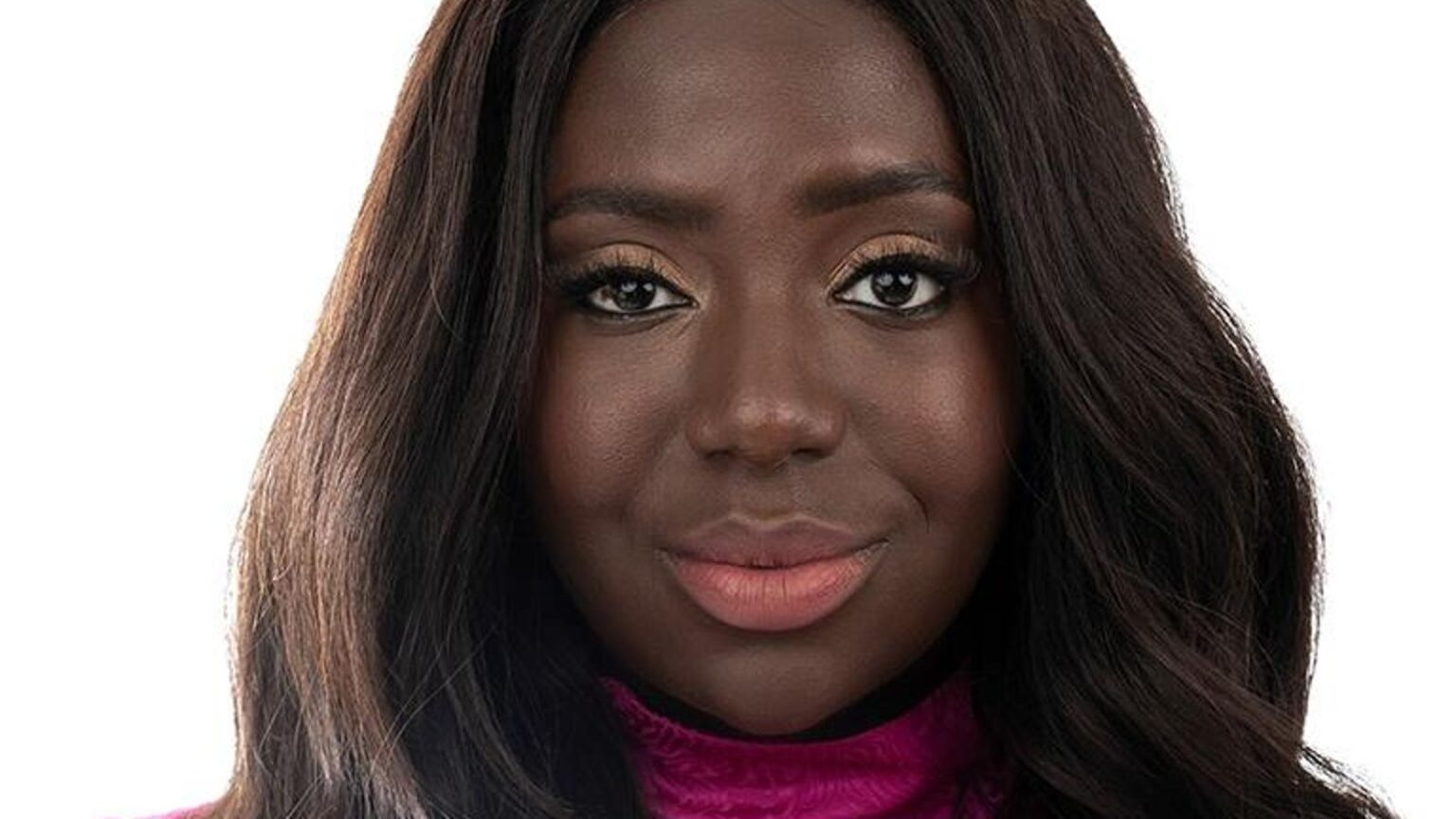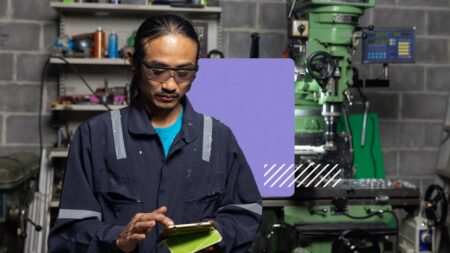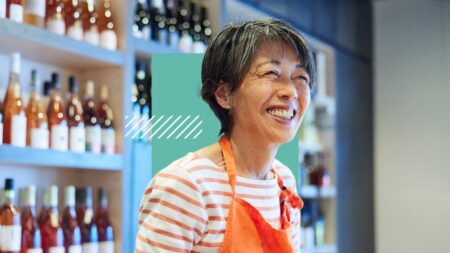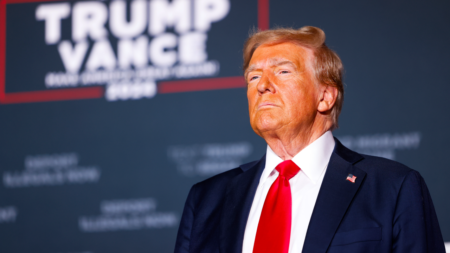When Esosa Ighodaro co-founded CoSign, an app that lets shoppers buy items they see in social media posts, she found that being part of an accelerator was a powerful advantage in fundraising. As part of the Seamless Accelerator program in Grand Rapids, Mich., the company raised $1.4 million from three main investors.
“The accelerator was a great stepping-stone as a first-time entrepreneur, teaching me how to clearly define our problem, navigate fundraising, and understand what investors look for,” says Ighodaro. “There’s a lot of talk about bootstrapping, but most successful businesses have strong support systems, and accelerator programs often provide that kind of support.”
Today, Ighodaro is devoting her energy to making it easier for other founders to raise funding as founder of AcceleratorCON, an event taking place in Brooklyn, N.Y. on Friday, Nov. 8, to bring together startups and accelerators.
The event, being held at Brooklyn Navy Yard, has two tracks, one for startup founders and one for accelerator leaders—bringing them together in a pro-sports style draft. Speakers will include Seth Godin; Ankur Nagpal, founder of Teachable (whom I’ll be interviewing as a volunteer moderator) and Carry and Reham Fagiri, founder of AptDeco.
Also in attendance will be experts such as Geri Stengel, founder of the research firm Ventureneer, and representatives from accelerators such as ERA NYC, Cela Innovation, Hearst Labs, Kaplak Ventures and Quay Acceleration, among others. The event, sponsored by Microsoft, Oracle and TechStars, has about 500 registered attendees, according to Ighodaro.
Only 2.3% of venture capital goes to female founders, according to PitchBook, and less than half of one percent (.48%) of all venture dollars went to Black founders in 2023, according to Crunchbase.
“Investing in tech is still a very relationship-based industry,” says Ighodaro. “It’s difficult for people outside the traditional networks—those who didn’t go to Ivy League schools or aren’t connected through family or community ties—to break in. Through this new initiative, founders get a chance to connect directly with investors without needing a ‘warm introduction,’ which is typically required. This can be transformative for those who don’t have established networks. As a venture scout myself, I see this as an opportunity to make valuable connections and potentially expand my own role in the investing space.”
Ighordaro works in the world many founders would like to tap into as VC-in-residence at Pipeline Angels, a group focused on providing a “friends-and-family” round of investment to entrepreneurs who may not have that support and Barclay’s Bank Formation Investment (BBFI) venture scout for an investment vehicle managed by Zeal Capital Partners in New York.
One of her goals for the event is to help underrepresented founders to make the kind of connections that can lead to successful fundraising rounds.
“Through this new initiative, I hope to expand these opportunities for people of color and women to access accelerator programs,” she says. “Studies show that founders are more likely to secure funding after participating in an accelerator, especially for women and founders of color. These programs create networks and connections that are invaluable, particularly for those without an established network.”
Startups that participated in accelerators raised between 50-170% more than similar startups that did not, according to research published recently in Harvard Business Review. These startups were also more likely to survive or get acquired.
Ighodaro first saw the need for new entrepreneurial communities through her experiences as a founder. “When I first started in tech, especially in New York around 2011-2012, there weren’t many resources or communities for people like me, so I felt isolated,” she says.
She addressed that by co-founding Black Women Talk Tech, a community for scalable entrepreneurs. “Black Women Talk Tech became a way to build community, provide resources, and create content tailored to our needs,” she says. “We run a conference series called Roadmap to Billions, aimed at helping founders learn what it takes to build a valuable business without constantly needing to fly to California for resources.”
Noticing more accelerators opening up, she began digging and found more than 3,200 programs listed on Crunchbase. “Many founders are unaware of these opportunities, and I saw a gap where I could help them access these resources,” she says.
Ighodaro’s experiences with Women Talk Tech indicated that the same small group of supporters often showed up, creating a close-knit community. That led to her current initiative to help founders connect with investors and accelerators—”something that would have been valuable when I was building my own startup,” she says.
After taking the AcceleratorCON event virtual previously due to flash flooding in New York, Ighodaro says she is excited to finally hold it live—and create an opportunity for more startups to win funding. “For underrepresented founders, access to capital is crucial,” she says.
Read the full article here















